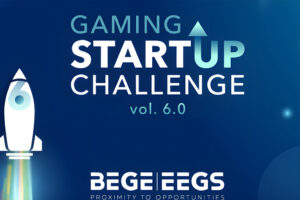VNLOK agrees voluntary code for Dutch online gambling ads

The Dutch operator association has agreed a code with limits on bonuses and gambling ads during daytime hours.
The association of Dutch licensed online gaming operators VNLOK has reached an agreement on a voluntary advertising code for online gambling. The ROK agreement extends existing measures for television and radio advertising to the online sphere, outlining limits on bonuses and online gambling ads during daytime hours.
Dutch gaming legislation prohibits gambling advertising on television between the hours of 6am and 9pm. The new code extends that same rule to video advertising online while also banning advertisements on channels whose viewership is made up of more than 25 per cent minors.
Bonuses will be capped at €250 and will be restricted to over 25s only. Operators must also not advertise bonuses on television or radio.
The code will be assessed by the Advertising Code Foundation’s Advertising Code Committee before coming into effect from March 2023. It will be evaluated in October 2022 to check it’s met its objectives.
VNLOK chairman Helma Lodders said: “It was not easy to protect the interests of all involved parties, but we have managed to arrive at a robust advertising code for online games of chance that has additional protection for consumers and specifically vulnerable groups. This involves advice from addiction experts and consumer organisations.”
VNLOK members include Holland Casino, FPO Nederland, JOI Gaming, Nederlandse Loterij and ZEbet. VNLOK and another trade association VAN Kansspelen worked together on a draft voluntary code of conduct following the launch of the Netherlands’ regulated igaming market in early October.
A third trade group, the Netherlands Online Gambling Association (NOGA), which counts Entain, Flutter, Kindred and Bet365, had pressed for a voluntary code after complaining of being left out of discussions.
It argued that advertising rules implemented by the Dutch national watchdog were too lenient and risked causing a backlash against the newly licensed sector.









